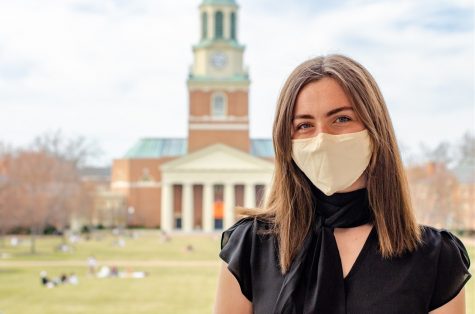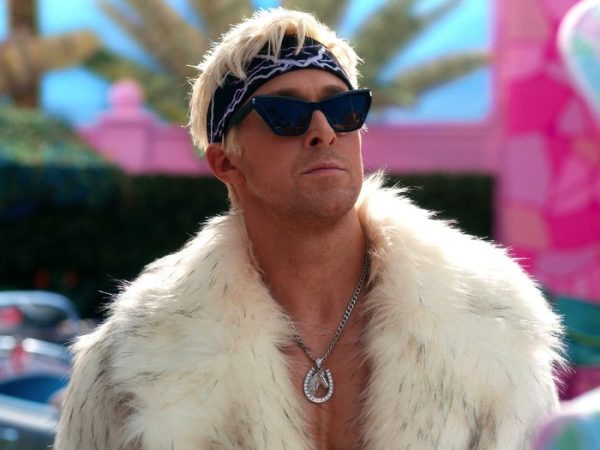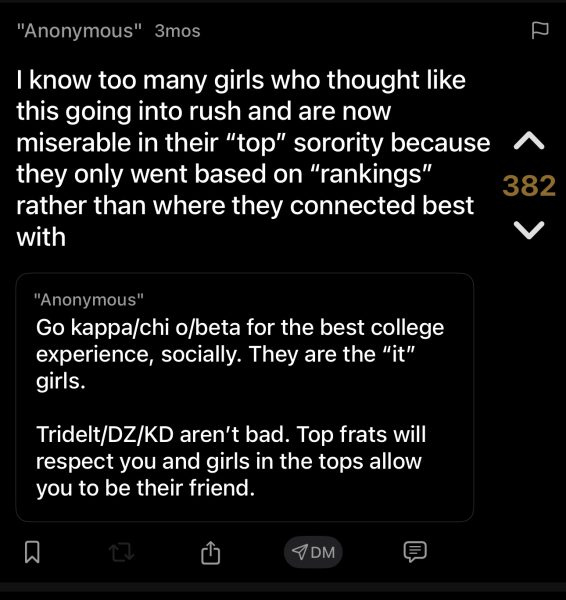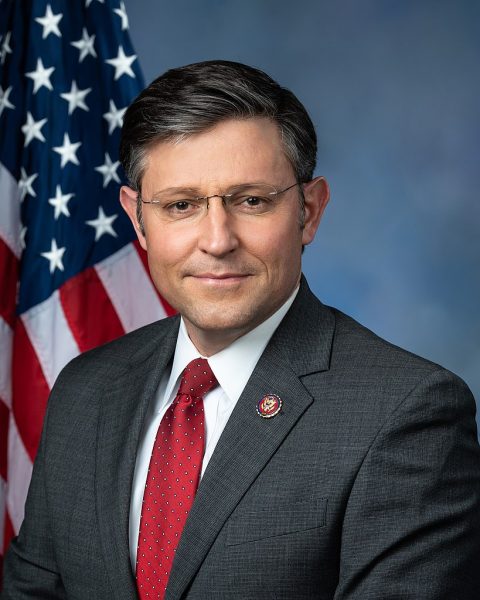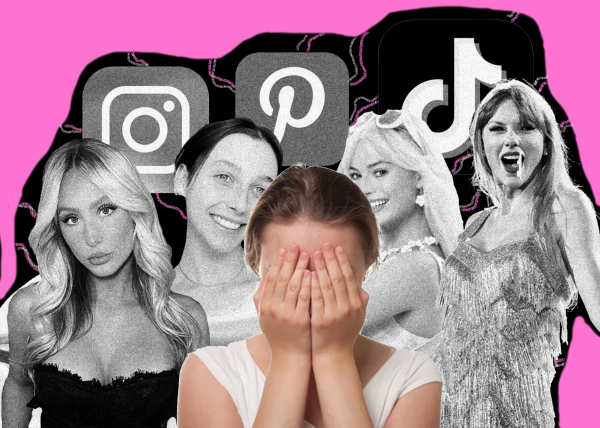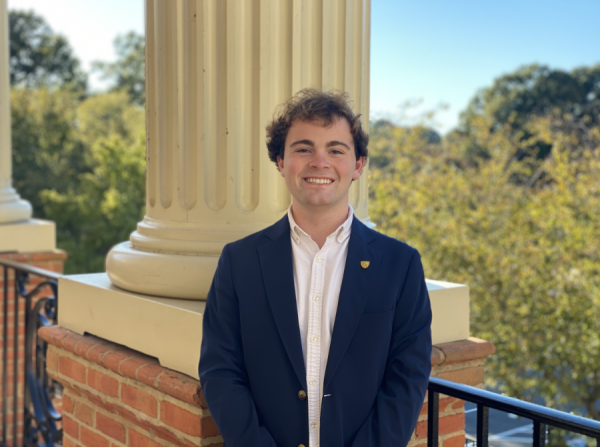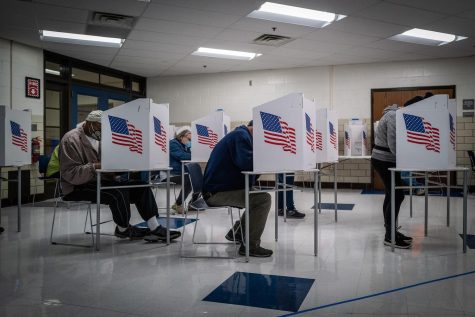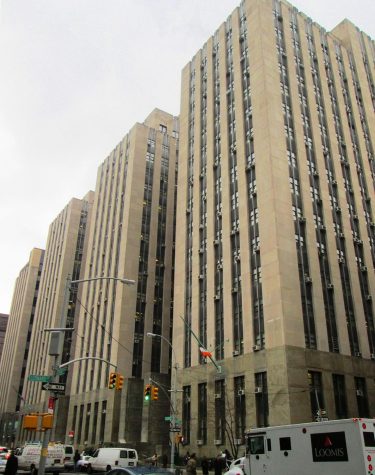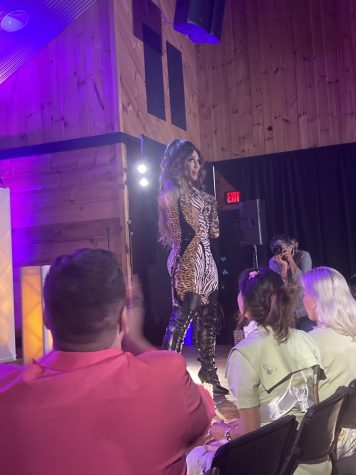Spreading of misinformation impacts US politics
October 8, 2020
If you took a walk around campus on a Sunday morning, it is not likely that you would see students lounging around on Upper Quad reading the morning paper over a piping cup of Camino coffee. Instead, a vision of computer screens glaring against glasses lenses and the sound of fingertips tapping speedily against smartphone screens would greet you with open arms.
The technology-obsessed college student trope has been an insult used by political cartoonists to target the intellect of younger generation by political cartoonists for years now (Ben Garrison, I am looking at you). And, honestly, it has got to go.
Gen Z is not the only generation who utilizes social media on a regular basis. In fact, a large number American citizens utilize some form of social media to get their daily news coverage. A Pew Research Center report published in 2018 states that 55% of U.S. adults now get their news from social media “often” or “sometimes”. So, essentially, if my grandma reposts one more “book good, phone bad” meme onto her Facebook timeline, I am going to pull the world’s fastest Uno reverse card on her.
The fact of the matter is, older Americans are also part of the misinformation issue at hand. The problem is not Millennial and Gen-Z’s consumption of social media; the problem is the prevalence that social media holds in all realms of life.
Facebook, Twitter, Instagram, Snapchat, TikTok, and — in some unfortunate cases — Reddit, serve as the most popular social media sites to date. And because of the influence they hold, many consumers are pushing to relabel these social media sites as news organizations.
But how does one define the term “news organization”? Strictly by definition, a news organization is “an agency that collects news reports and distributes them electronically”.
I do not know if it is just me, but I feel like I am in Sin City because that defintion was Vague Ass. Get it? No? Okay.
Maybe, though, this vague definition is not the issue. We do not need to redefine what news organizations are, we need to re-educate consumers on what makes news… news.
There is no reason not to educate media consumers [about] the pillars of journalism and how to spot bots.”
It would be one thing if social media sites were properly monitored to ensure that fake news is not produced and distributed as such a rampant rate. If instantaneous fact-checking protocols were instituted and accounts were automatically disabled after repeatedly posting and resharing false and inflammatory content. But that is not the reality we live in… yet.
Afterall, your Uncle Terry is not a journalist just because he posted a scathing opinion of Trump on Twitter. And your Aunt Kaeileigh is not a newscaster just because she hosted an Instagram Live of her sharing research on so-called vaccine ineffectiveness.
Since the 2016 Presidential race, Facebook and Twitter have been on in hot water thanks to the circulation of false information on both sites.
Just this past Tuesday, Facebook banned QAnon conspiracy stories from being shared to the website three entire years after the group’s formation on 8chan. Under this ruling, any Facebook Pages, Groups, or Instagram accounts representing QAnon, even if they contain no violent content, are to be removed. Even Etsy, a craft and antique website, banned the selling and purchasing of QAnon paraphernalia.
While individuals can still post QAnon content to their personal pages, this ruling is a huge step toward regulating popular media sites and making them more fact oriented.
Of course, there are the angry internet trolls who claim that Facebook’s banning of QAnon is a violation of the First Amendment right. To this, I recommend those in opposition to reread their constitution… as well as Facebook’s user agreement.
While the internet might be a (relatively) lawless land, Facebook is not the internet. It is an organization that writes and regulates its own rules. Same with Twitter. And Instagram. And TikTok. And Reddit.
In an ideal world, these regulations would not need to be in place. A world where news literacy courses are implemented in K-12 schools sounds like my personal utopia. The circulation of disinformation has been so detrimental to the state of our nation because this “news” feeds off of the hopes and fears of less-educated Americans.
If the US wants to halt the spread of misinformation and begin the education of the general public, we need to start now. Social media leaks into every crevice of our lives. There is no reason not to educate media consumers on things such as the pillars of journalism and how to spot bots.
News literacy should not be a privilege held by the highly educated. It is incredibly important and should be available to all American people. Our democracy depends on it.



